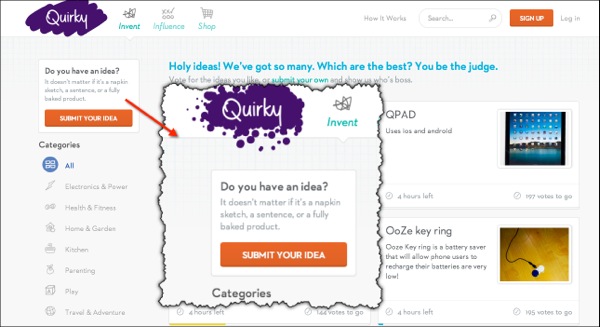 Right now, there is a lot of discussion about links in press releases and how Google sees them. These are important practical discussions but perhaps not the most important strategically.
Right now, there is a lot of discussion about links in press releases and how Google sees them. These are important practical discussions but perhaps not the most important strategically.
An important strategic question might be “how can we get more publicity and editorial links from top media sites?”
The purpose of public relations is to generate publicity from relevant audiences and companies that get a lot of publicity also seem to get a lot of links. It seems reasonable to make a connection. The publicity generates links first from the media sites that do link and second, publicity encourages bloggers and other journalists to write and link as well.
Chasing links from media sites is a frustrating business and it’s hard to get a handle on the linking policy of individual media sites. But in the UK, the BBC is funded by the television license fee: a fee that every household with a TV must pay. The BBC is therefore accountable to the fee payers and in a spirit of transparency, publishes its linking policies in detail.
These published guidelines give insight into how any quality media site might think about external links.
We’ll look at what these guidelines say and how they’re reflected in a story, Ben Kaufman’s Quirky quest to transform invention by Kim Gittleson.
BBC Policy on Links to External Sites
The BBC Editorial Guidelines deal specifically with links to external sites. Here’s what they say:
Part of the BBC’s role is to act as a Trusted Guide on the web. Whenever producers are creating content on a BBC site, they should actively consider which external websites it may be editorially justifiable to link to.
Editorial Justification for Linking to External Sites
Producers may wish to offer links to external sites for a number of reasons, including:
- for further relevant information
- for further background information or other key source material
- for useful practical information
- for further informed comment
A link must never be included on the public service site or within the editorial content of a commercial site in return for cash, services or any other consideration in kind.
All links on the BBC public service site or on the editorial pages of a commercial site must be editorially justifiable.
So all links from the BBC must be editorially justifiable. Let’s look at that business story and what links it includes.
BBC Business Story With Generous Links
Here’s the article, “Ben Kaufman’s Quirky quest to transform invention“.

It’s an interesting business article that contains three links to the Quirky.com website:
1. Submit Ideas – Link in the Body Text
The first link in the article uses specific anchor text, ‘submit ideas’:

This editorial link points to a page on Quirky.com where people can submit their ideas to the site.
This fits the bill in the BBC guidelines of “useful practical information.” A significant number of people reading the story are going to be interested in inventions, and might be interested in submitting their own ideas to the site.
It’s useful to have the direct link there and not have to do a Google search to find it.

2. Example of a ‘Quirky’ Product – Link in the Body Text
The next link in the BBC article is to an example of an invention that has been successfully brought to market – Pivot Power invented by Jake Zein, “and a team of 708 influencers, the product can now be found in big US retailers, including Bed, Bath, and Beyond and Target. It has netted Mr Zien and Quirky hundreds of thousands of dollars.”

The editorial link points to a page on the Quirky site describing Pivot Power and includes a short, informative video that leaves people in no doubt about what the product does.

This link addresses the need to provide “further background information” – a nice example that explains further what Quirky.com is about.
3. Link in a Resources Box
And finally, a link to the Quirky.com home page itself. This link is included in a section on ‘Related Stories’ (internal) and ‘Related Internet links’ (external).

The article clearly follows the guidelines published by the BBC – each link has an editorial justification.
So What Does This Mean for SEO?
Google is on a mission to devalue links in press releases because they’re not earned. But Google is not devaluing the genuine editorial links that those press releases generate. These are earned because the press release has to catch the eye of a journalist and the stories they write as a result have get past editorial checks.
Good publicity generates good editorial links so long as there is sufficient value in the resources being promoted. The guidelines published by the BBC – and the example we pick out – give you a good idea of where that value lies.
Image Credit: www.FreeDigitalPhotos.net
 Right now, there is a lot of discussion about
Right now, there is a lot of discussion about 




